Can Dogs Eat Carrots Raw? A Complete Guide to Carrots and Your Dog’s Health
- 13 Mar 2025 11:22
As dog owners, we’re always looking for ways to give our furry friends a tasty treat that’s healthy and safe. One of the most common questions pet parents ask is whether it's safe for dogs to eat carrots raw. Carrots are widely considered a nutritious snack for humans, but when it comes to our dogs, we want to be sure that this crunchy vegetable is safe for them too. In this article, we’ll explore everything you need to know about feeding carrots to your dog and discuss whether raw carrots are a good option for them.
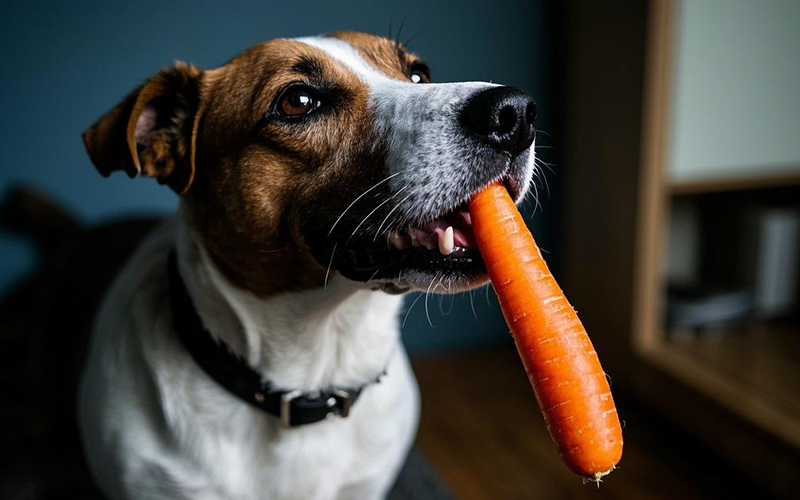
Why Carrots Are a Great Snack for Dogs 🥕
Carrots are a fantastic vegetable, not just for humans but also for dogs. They’re low in calories, high in fiber, and packed with essential vitamins and minerals that support your dog’s overall health. Carrots contain vitamin A, which is crucial for maintaining healthy vision, a shiny coat, and a strong immune system. This makes them a valuable snack option for your dog. But how do raw carrots fit into the picture?
The Safety of Raw Carrots for Dogs 🐕
When it comes to feeding your dog raw carrots, the good news is that they are generally safe for most dogs to eat. Raw carrots are crunchy, and their texture makes them an excellent option for chewing. Chewing raw vegetables can help improve dental health by reducing tartar buildup and keeping your dog’s teeth cleaner. Many dogs enjoy the satisfying crunch, making it a fun and healthy treat.
However, it’s essential to keep in mind that not all dogs will have the same reaction to raw carrots. Some dogs may have sensitive stomachs and could experience digestive discomfort. If your dog is not used to raw veggies, start by offering small amounts and observe their reaction. It’s also important to cut the carrot into bite-sized pieces, especially for smaller dogs, to avoid choking hazards.
Nutritional Benefits of Carrots for Dogs 🌱
Carrots are rich in nutrients that can benefit your dog in several ways. Here are some key benefits that come from feeding raw carrots to your dog:
Vitamin A: Essential for eye health, immune function, and maintaining healthy skin and coat.
Fiber: Helps with digestion and keeps your dog’s bowel movements regular. It’s especially helpful for dogs with sensitive digestive systems.
Potassium: Supports healthy muscles, nerves, and heart function.
Low in Calories: A great option for dogs that need to watch their weight. Carrots are filling but won’t pack on the pounds.
Antioxidants: Help fight free radicals and support the body’s natural defense systems.
These benefits make raw carrots an excellent addition to your dog’s diet, but like any treat, they should be given in moderation.
How to Introduce Carrots to Your Dog’s Diet 🐾
If you’ve never given your dog carrots before, it's a good idea to introduce them gradually. Start with small pieces and see how your dog reacts. Not only will this help you gauge their interest, but it will also allow you to monitor how they handle this new addition to their diet.
If your dog seems to enjoy the raw carrot, you can increase the quantity over time. For dogs who are not keen on the crunch, try steaming or chopping the carrots into smaller, softer pieces. However, keep in mind that cooking carrots can reduce some of their nutritional value, so raw is usually the best option if your dog is comfortable with it.
Potential Risks of Raw Carrots for Dogs ⚠️
While raw carrots are generally safe, there are a few risks to be aware of when feeding them to your dog. The most common concern is choking, especially for smaller dogs or puppies. As mentioned earlier, it’s important to cut the carrots into bite-sized pieces or even mash them up if necessary.
Another risk is that some dogs might have trouble digesting raw vegetables. If you notice any signs of gastrointestinal distress such as diarrhea or vomiting after feeding your dog raw carrots, discontinue giving them and consult a professional.
Lastly, always supervise your dog when they’re eating raw carrots or any other treat. If your dog tends to eat quickly or is prone to swallowing large pieces of food, keep a close eye on them to prevent choking accidents.
Are Carrots Enough for Your Dog’s Diet? 🍽️
While carrots are a nutritious treat, they should not be the main source of your dog’s diet. Dogs require a balanced diet that includes proteins, fats, and carbohydrates to maintain optimal health. Carrots can serve as a healthy snack or a supplement to their regular meals, but they shouldn’t replace the essential nutrients your dog needs. Always ensure that your dog is getting a well-rounded diet with high-quality dog food designed for their specific needs.
Fun Ways to Serve Carrots to Your Dog 🎉
Carrots are versatile and can be prepared in many different ways. Here are a few fun and creative ways to serve raw carrots to your dog:
Carrot Sticks: Cut them into long, thin sticks and give them to your dog as a chewy snack.
Frozen Carrots: Freeze small carrot pieces for a refreshing and long-lasting treat, especially during warmer months.
Carrot and Peanut Butter: Spread a small amount of dog-safe peanut butter on a carrot stick for an extra tasty treat.
Carrot Bites: Grate carrots and mix them with other dog-safe ingredients to create homemade dog treats.
Why Choose PettureX for Pet Health 🐾💻
If you're looking for an even easier way to manage your pet’s health, consider using PettureX, an AI-powered software designed to assist pet owners. PettureX offers a variety of services, including 24-hour online consultation for pet-related issues and advanced pet image recognition. It’s a great way to get quick, reliable insights into your pet's health, helping you make informed decisions about their care.
Whether you’re wondering if your dog can eat something new or need assistance with identifying symptoms, PettureX is a friendly and reliable tool to support your pet health needs. It’s a wonderful resource to help ensure your dog stays healthy and happy.
Conclusion: Carrots Are a Healthy Treat for Dogs 🐶
To answer the question, “Can dogs eat carrots raw?” the answer is yes, most dogs can safely eat raw carrots in moderation. Raw carrots provide a variety of health benefits, including essential vitamins, fiber, and antioxidants. However, it’s important to be mindful of portion sizes and to ensure that your dog is comfortable with raw vegetables. By introducing carrots gradually, cutting them into manageable pieces, and supervising your dog while they enjoy this crunchy treat, you can safely offer them a healthy snack.
As always, be sure to complement their diet with a balanced meal and consult a trusted source like PettureX for any pet-related concerns. Your dog’s health and happiness should always be a priority! 🐾
Related
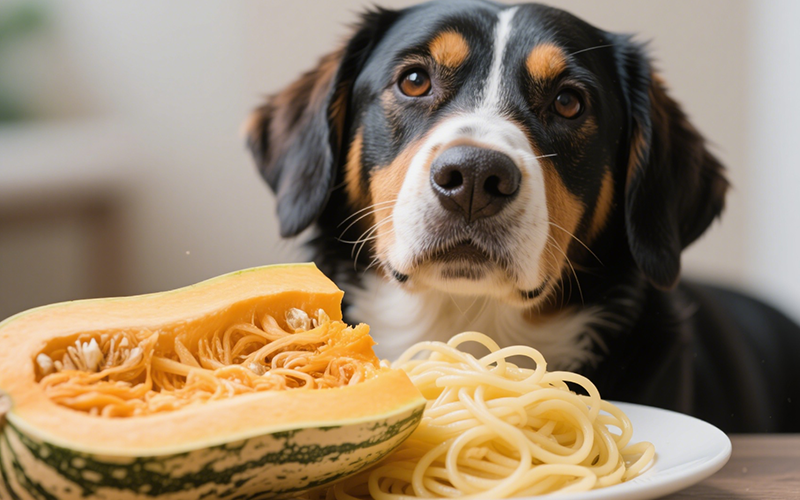
Squash Smarts: Can Dogs Eat Spaghetti Squash? A Vet-Approved Guide
- 26 Apr 2025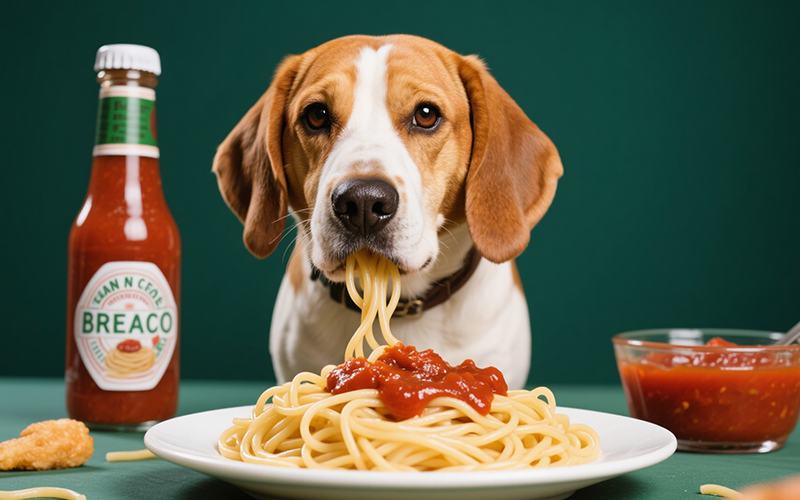
Sauce Inquiry: Can Dogs Eat Spaghetti Sauce Safely? Why Vets Advise Against It
- 26 Apr 2025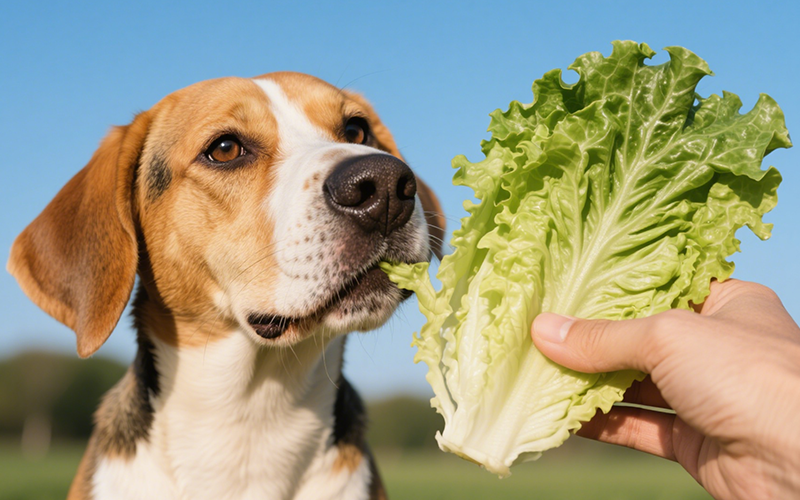
Crunchy Greens for Canines: Can Dogs Eat Romaine Lettuce Safely?
- 25 Apr 2025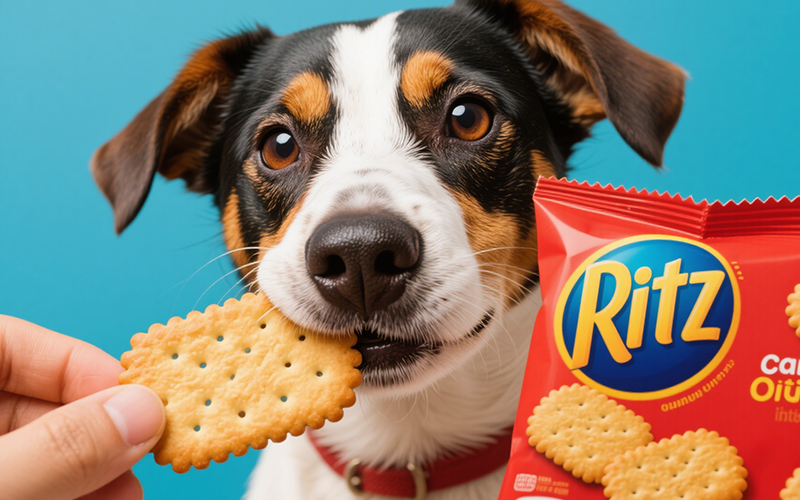
Ritz Crackers for Dogs? Why Vets Say No to This Common Snack
- 25 Apr 2025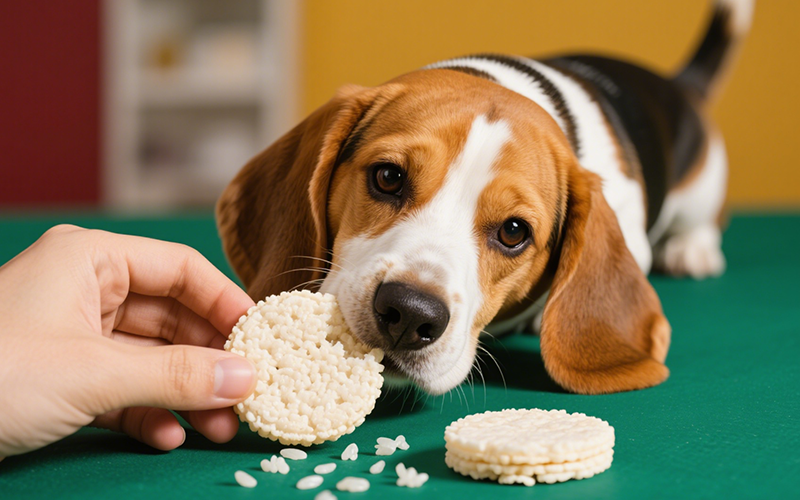
Rice Cakes for Rover? A Crunchy Question: Can Dogs Eat Rice Cakes Safely?
- 24 Apr 2025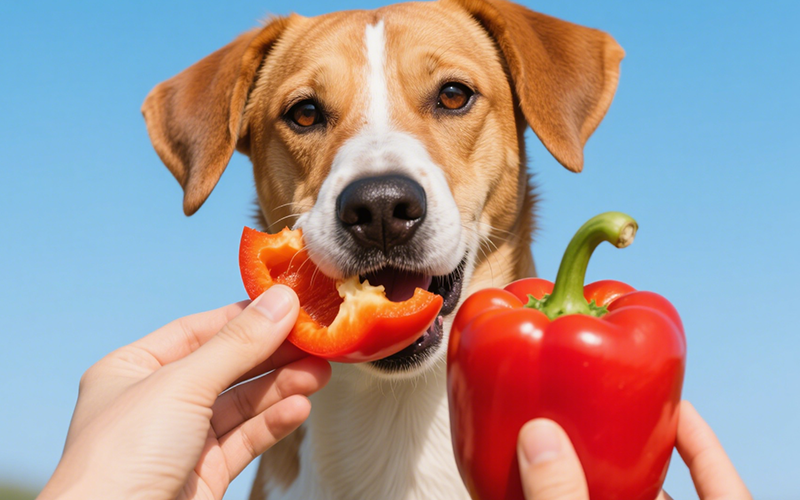
Crunchy & Colorful: Can Dogs Eat Red Bell Peppers Safely? A Vet-Approved Guide
- 24 Apr 2025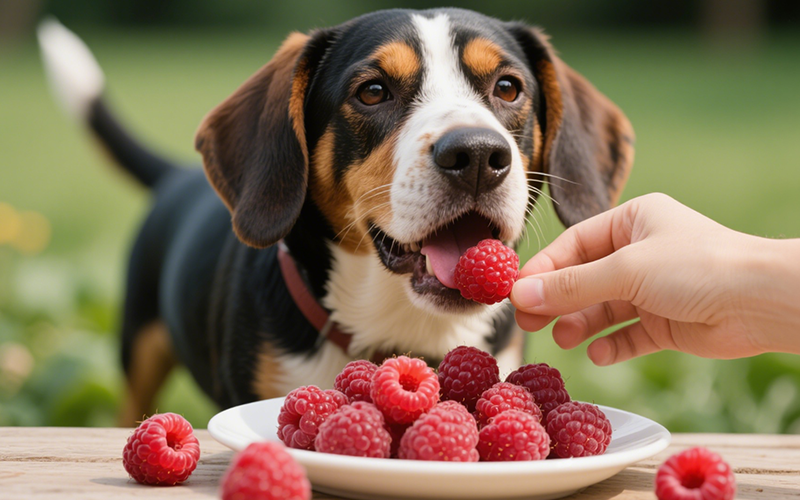
Raspberries for Rover? A Vet's Guide to This Berry Good Treat for Dogs
- 23 Apr 2025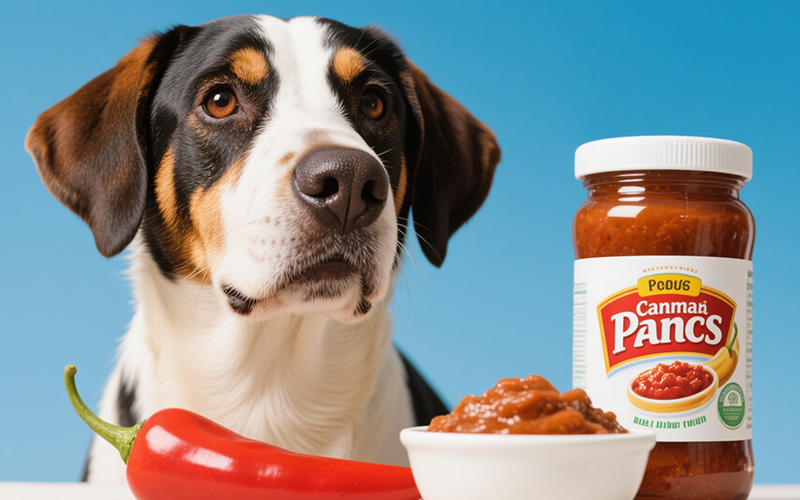
Ranch Dressing Dilemma: Can Dogs Safely Indulge? A Deep Dive into Why It's a Bad Idea
- 23 Apr 2025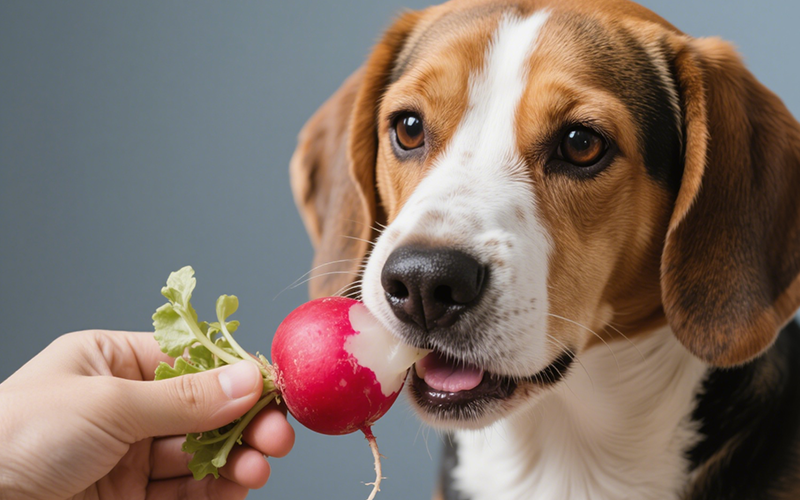
Radish Bites for Your Buddy? A Vet-Reviewed Guide on Whether Dogs Can Eat Radishes
- 22 Apr 2025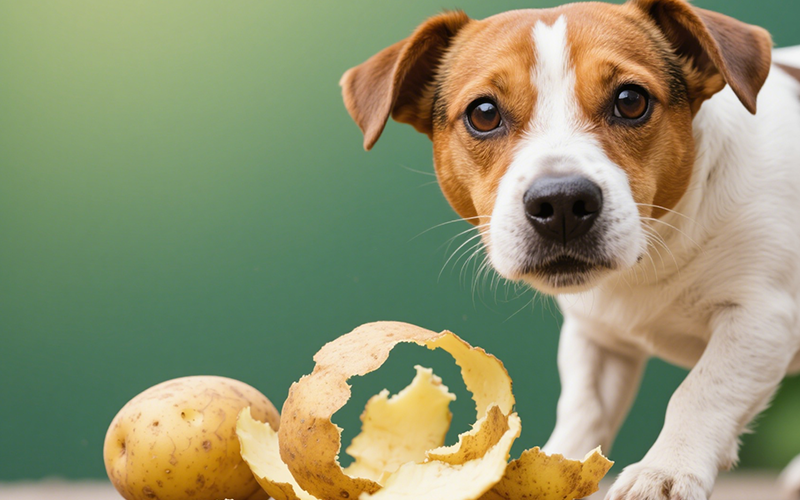
Potato Peels for Pooches? Unpeeling the Risks and Facts for Dog Owners
- 22 Apr 2025
